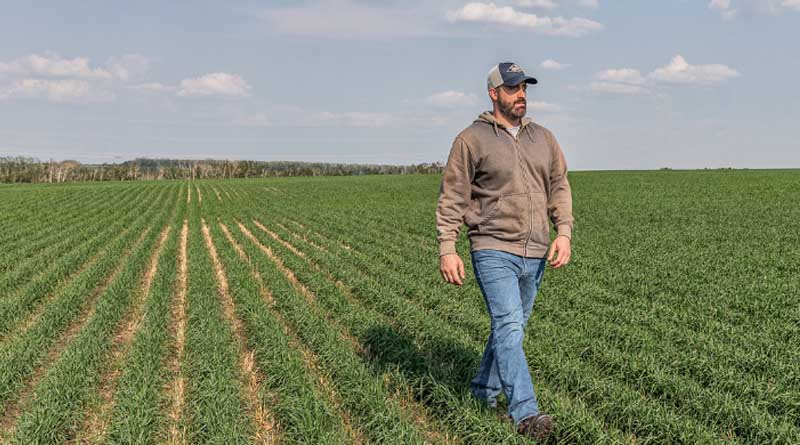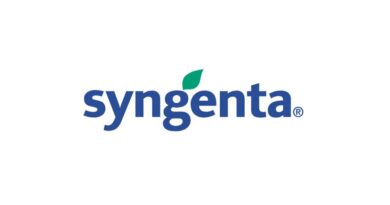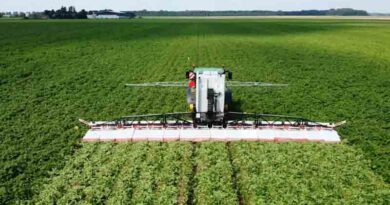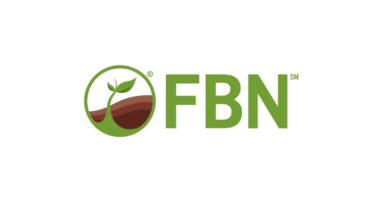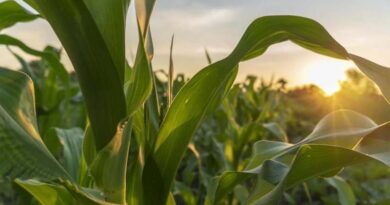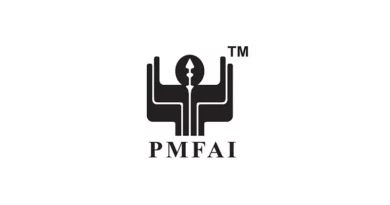Nufarm launches novel herbicide technology to help farmers turn the tide against challenging weeds in cereals
RealAgristudies 2023 survey finds farmers increasingly concerned about the impact of weed resistance on their farm – and hope technology will “save us with new modes of action.”
21 November 2023, Calgary: Nufarm Canada signals a new era in crop protection with the launch of its proprietary Duplosan™-powered suite of cereal herbicides. This first-in-market, novel pipeline of solutions will help farmers turn the tide against challenging weeds in cereals including resistant kochia. The result of research and innovation led by Nufarm and its extensive field work in Western Canada, the team has unlocked new potential with Duplosan, the foundation of Nufarm’s quest to find the “Path of Least Resistance” for growers. The unique technology is showing extremely positive results as a novel chemistry that hasn’t been exposed to most weed populations in western Canada, specifically kochia.
The first in the new suite of products – Oxbow™ – is a complete and easy solution in the fight against managing hard-to-kill broadleaf weeds including kochia in cereals. Powered by Duplosan technology, it’s the most efficient and effective way to solve today’s biggest weed control challenges, backed by flexible re-cropping and application timing. Oxbow will be available in western Canada for the 2024 growing season through preferred Nufarm agriculture retailers.
“As resistant weeds like kochia have accelerated in recent years, expanding to new soil zones, the current herbicide toolbox is just not keeping pace,” says Boyd Bergstrom, Nufarm Canada country lead. In their quest to find new solutions, Nufarm researchers rediscovered dichlorprop-p — an active ingredient that was first used decades ago as an additive to 2,4-D when dichlorprop’s unique properties largely remained unexplored and its full potential was never unlocked.
“Nufarm will be pairing Duplosan with other modes of action to maximize weed control in cereals,” Bergstrom explains. “Adding the technology will power a pipeline of new herbicides capable of fighting weeds in cereal crops. The proprietary technology is showing extremely positive results as a novel Group 4 chemistry that’s had little exposure to most western Canadian weed populations, specifically kochia. As we approach 25 years of serving Canadian farmers, Nufarm is stepping out in a big way as an agricultural innovator delivering technology to help farmers manage weed resistance.”
Between June 22 – 27, 2023, Nufarm partnered with RealAgristudies to learn more about the topic of weed resistance and farmer attitudes toward the growing challenge. In total, 610 farmers across Canada participated in the study. “All farmers expressed a high degree of concern about the impact of weed resistance, yet just over half also communicated a sense of ‘I guess this is the best we can do,’” says Justin Funk, lead researcher with RealAgristudies. “At the same time, farmers agreed that the industry needs to do a better job of helping them manage weed resistance. There is also high hope that new technologies will save the day.”
“You get the feeling that many in the industry have accepted that today’s weed control tools are ‘the best we can do,’ but we won’t accept the status quo,” says Tyler Gullen, Nufarm technical services manager. “Our researchers and agronomists challenged themselves to find a new path forward in managing resistant weeds in cereals that aren’t being managed by other herbicides. With Oxbow, we are presenting the first novel Group 4 mode of action in nearly a decade. This is truly a defining moment for Nufarm in Canadian agriculture.”
In a June 2023 paper published in The Canadian Journal of Plant Science, researchers stated that, “The latest Alberta survey in 2021 indicated fluroxypyr- and dicamba-resistant kochia were found at 44% and 28% of the sites, with 45% of the sites being triple-resistant to ALS inhibitors, glyphosate, and at least one synthetic auxin (Geddes, Beckie et al. 2023). The degree of glyphosate resistance observed in various kochia samples is concerning because nearly half of these samples have moderate-to-high levels of resistance. This level of resistance may manifest as a lack of control by herbicides in the field.”
“Nufarm continues to evolve to meet the changing conditions that farmers face, and we are invested in providing the cutting-edge tools they need to remain profitable,” says Bergstrom. “The launch of Duplosan is just the beginning of great things to come from our research and innovation program.
Also Read: Global Fisheries Conference 2023 to be organized in India on 21-22 November at Ahmedabad
(For Latest Agriculture News & Updates, follow Krishak Jagat on Google News)

